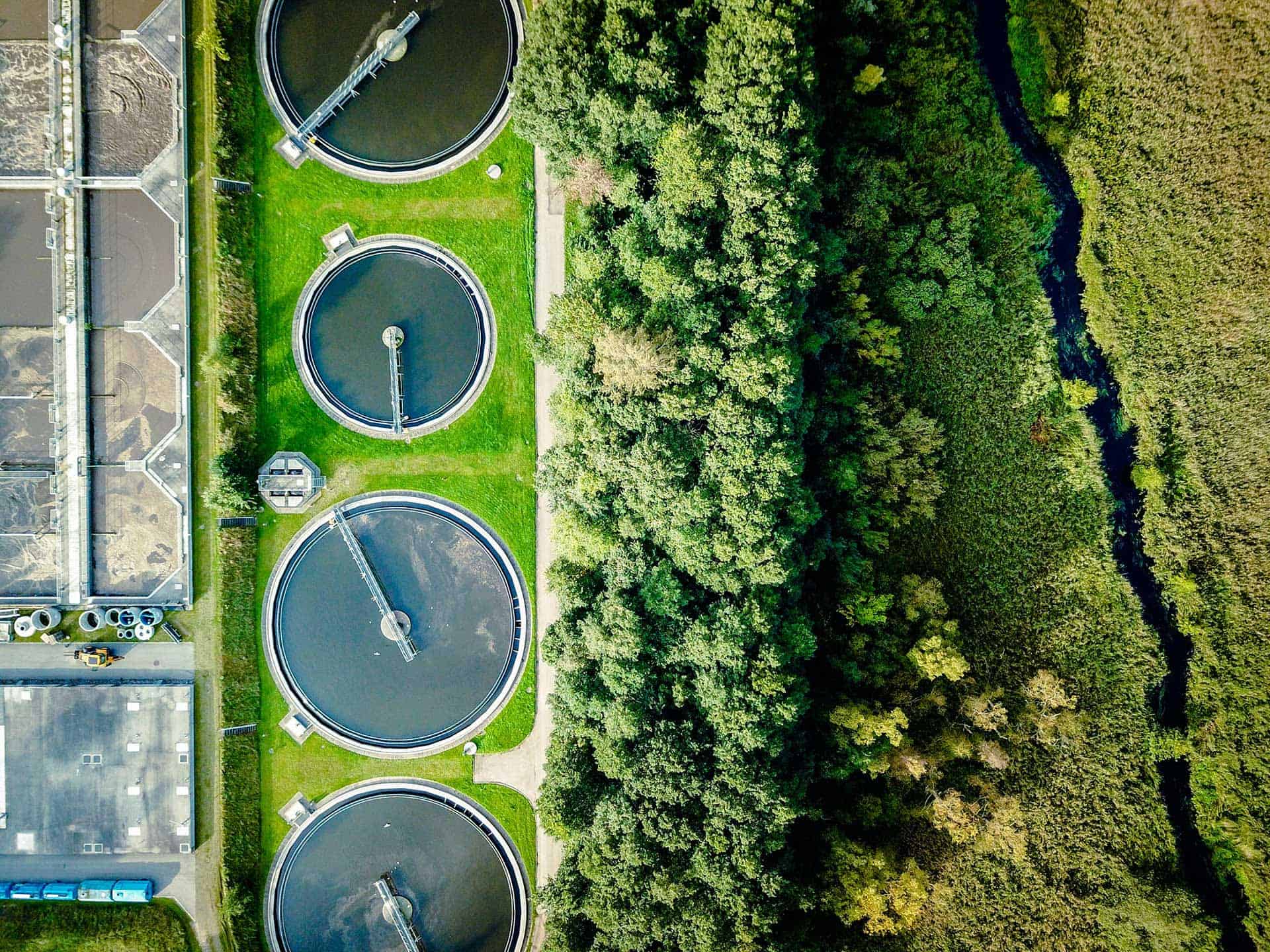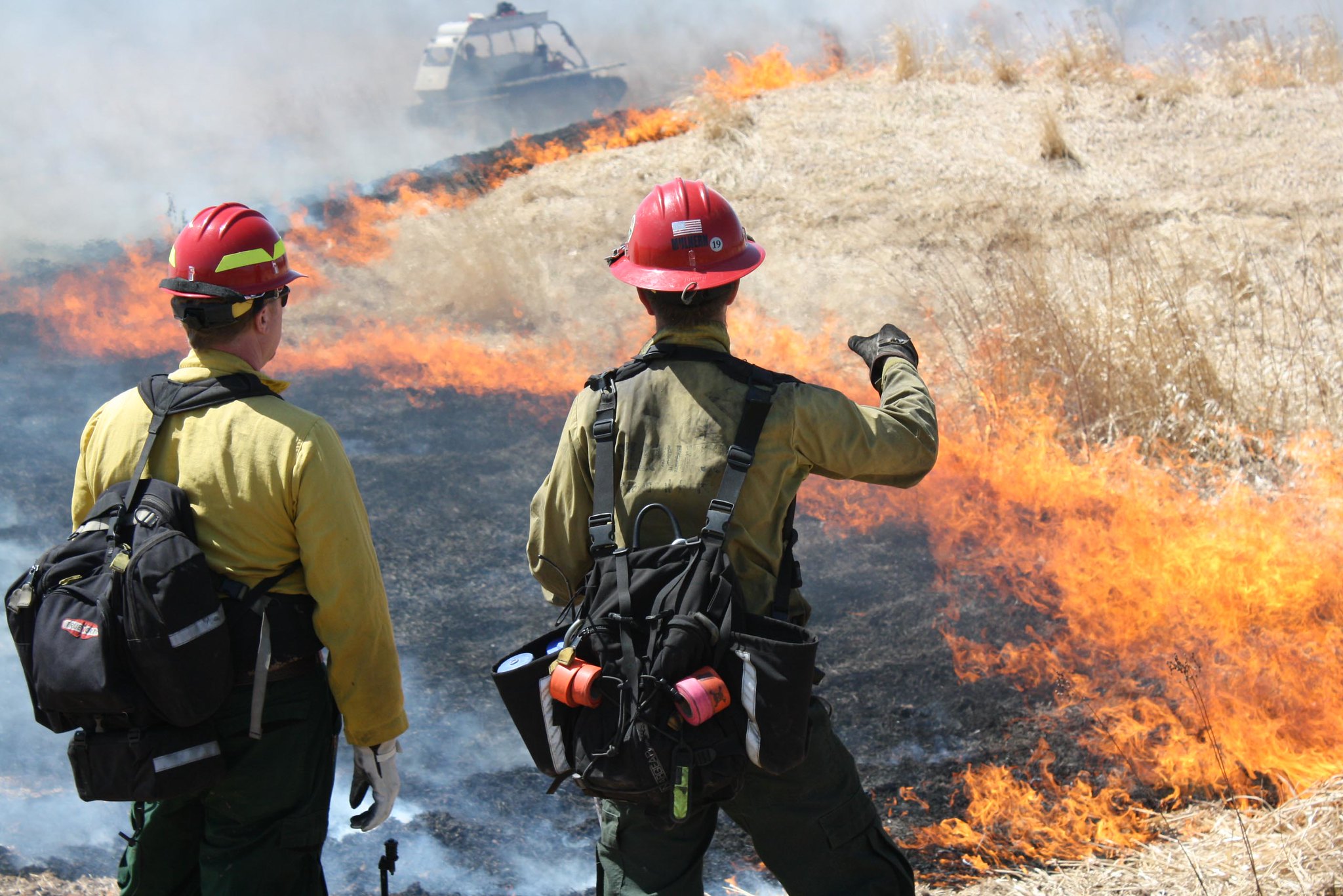
This summer Michael Higuera of The Nature Conservancy attended PERC’s two-week Enviropreneur Institute. The program works with environmental entrepreneurs, or enviropreneurs, who seek a better understanding of how business and economic principles can be applied to environmental problems.AT TNC in Boulder, Colorado, Higuera protects land through conservation transactions across the state. We thank him for answering our questions for PERC’s Q&A series.
Q: What types of conservation transactions are you currently facilitating?
A: I am primarily responsible for obtaining conservation easements on large ranches (over 10,000 acres) in eastern Colorado in order to preserve shortgrass prairie and protect native bird and wildlife species. These transactions are funded by private donations, landowner donations, and public funds from sources such as the lottery, the Division of Wildlife, and federal programs. In addition to that responsibility, I am working with a small group of people to determine ways to bring private capital into our conservation work and land transactions. We have been exploring ways to engage the private sector in acquiring properties with significant biodiversity value and are considering using an investment vehicle such as a real estate investment fund. The fund would manage the properties for a profit while also protecting their biodiversity by placing a conservation easement on the land. The sale of the conservation easement would help the fund acquire the property at a lower basis thereby increasing the operating return on its investment. Similarly, my project at PERC’s PEI program sought to find ways to work with oil companies to manage drilling operations in an environmentally sensitive manner. The common element between the real estate fund and the oil company ideas is finding market-based incentives that make it attractive for those ventures to promote conservation on their properties.
Q: What might some incentives be for the companies to conserve land tracts used in part for drilling?
A: We cannot use a conservation easement to address drilling for oil because mineral rights are very different than surface rights which can be protected by easements, but my idea was inspired by the success of the conservation easement as way to facilitate the acquisition of property rights that are valuable to TNC’s mission to protect biodiversity. The crux of my project at PEI was exploring ways to create incentives for oil companies to work with conservation organizations like TNC to plan their projects to avoid sensitive areas and minimize impacts. The most ambitious way to do that would be for companies to create a product that is differentiated in the marketplace from others by the way in which it was extracted. We certainly see this in the organic food market, fair trade certifications, and in the forestry markets. Unlike the conservation easement model that relies in part on public funding and tax incentives, this model would rely on the consumer to pay for the conservation benefits.
A conservation drilling plan would provide protections for biodiversity. which is a win for TNC and others who value nature. It could also be a win for the oil company by allowing them to differentiate their product, increase market share, and command a premium at the pump. Consumers who want to be part of the solution would win too.
Q: You’ve discussed the possibility of an eventual fourth pump at gas stations nationwide. What would this new “conservation gasoline” be, and how would it work?
A: The fourth pump is really the home run for this idea and represents something that I think needs to happen in conservation more generally. It represents a way to empower consumers with choices. If conservation is important to people, then people need to step up and vote with their dollars. Part of the reason that I have come to this conclusion is because I have more faith in people’s ability to make change through the market than at the ballot box. The lobbying efforts of the oil industry have proven pretty effective at limiting new regulations. Consumer demand and pressure at companies such as Walmart (that’s now carrying organic food and taking steps to be energy efficient) have resulted in some amazing changes that I do not think could have originated from a legislative process. Another reason this kind of consumer or market-generated conservation has the potential to be so powerful is because it creates self-funded conservation that does not rely on public funding and, if it is successful, it ends up being replicated by competitors who see that it creates value. This kind of domino effect is where you really end up having change happen on its own and at scale. This will also become more important as we enter a time period of less and less government spending in response to the budget crisis.
Q: What challenges lie ahead in creating market incentives for oil companies to conserve land?
A: There are a lot of challenges but the fun thing about working at an organization like TNC is that the possibilities for results at scale are what drive and inspire us, not the hurdles that lie ahead. I think that the primary challenges are building a cooperative relationship with an industry that has not seen it in its interest to proactively work to promote conservation. Another key challenge will be developing a market for this type of product in a market space that did not previously exist. It will be critically important to create a market that has a mechanism to assure consumers that their dollars are making a difference on the ground and really advancing conservation while at the same time that mechanism needs to be user friendly for the oil companies.
Q: What did you take away from PERC’s Enviropreneur Institute that will help you with developing your project?
A: I came away from PERC with a fresh way of looking at problems and new tools for doing so. Additionally, I forged relationships with a great network of people who renewed my enthusiasm for my work and with whom I hope to collaborate in the future. I think PERC also helped deepen my understanding of markets, incentives, and property rights as a way to advance conservation.



